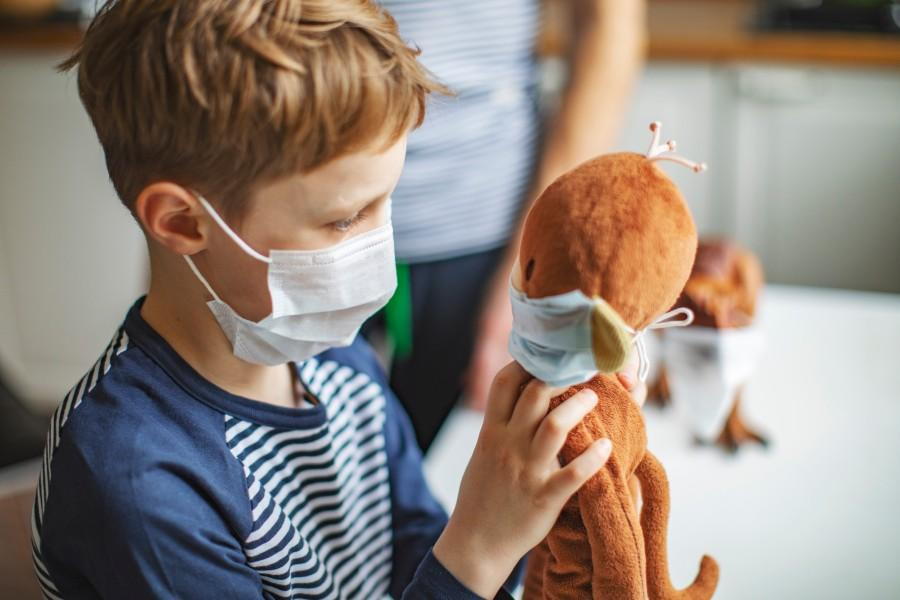
Schools are closing. Sports and other activities have been canceled. Everything is changing. In the midst of this chaos, how do parents keep kids from stressing too much?
"For families, this is truly now hitting home," said psychologist Robin Gurwitch, from Duke University and the Center for Child and Family Health, in Durham, N.C.
"Families now need to think about how to manage to have children at home for extended periods of time. First, families need to set up a schedule and a routine. Keeping as much routine as possible is important," she said.
But Gurwitch added that it's important to be flexible, too. "Things change quickly and anxieties are running very high. Parents will have to be more patient and attentive to their child's needs," she said.
And, what about the elephant in the room -- should you talk to your child specifically about coronavirus?
Dr. Eric Herman, a clinical psychologist at Children's Hospital of Michigan in Detroit, said, "It's going to be hard to tell kids that everything is going to be fine when we're closing schools. They have to think that something big is going on."
Herman said to let them ask questions, and to really listen and respond to the specific questions they're asking.
Gurwitch recommended a more proactive approach: "Ask children what they know. Ask, 'What do you think about this?' and check back in with them frequently."
Both experts advised letting children and teens know that it seems as if their age group won't be hard hit by the virus. Children may get the virus and not have symptoms.
Because the situation is quickly evolving, Gurwitch said it's a good idea to preface anything you say when talking to children about the virus, with something like, "Here's what we know now."
And, let them know it's OK to be worried or scared. Explain that these steps are being taken to try to keep everyone as safe as possible.
It's fine to let kids know you're a bit on edge, too. Parents can say, "This makes me a little worried, too, so this is what we're going to do to stay safe," Gurwitch said.
Herman suggested acknowledging that kids and teens (and adults, too) are going to be disappointed. Many events, some of them very special, like graduation or a school play, will be cancelled, and it's normal to feel disappointed when that happens.
Setting Up New Routines
"Because this is such a huge disruption and there are lots of changes, it's really important to keep what we can as similar as possible -- mealtimes, bath time. And, it's important that rules still apply," Gurwitch said.
If schools are closed, she said to set up the school's distance-learning program right away. Kids may still have homework, so set up a time that is standard for getting homework done.
But parents should keep in mind that "children may not learn as fast. They may need extra help with homework and coursework. Things may take longer to complete. Attention and focus are being tested," Gurwitch noted.
Herman agreed that keeping a schedule is paramount. "Kids now have a lot of time to overthink and worry, so try to get onto online school. Keep bedtime the same," he said.
Don't forget to incorporate daily exercise outdoors in your routine!
Read more here
